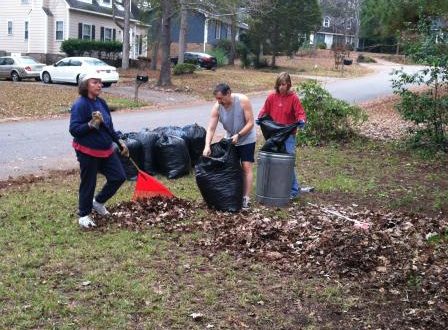
Help Teens Live in Purity
Today I'm happy to have Kim as my guest. She has tons of experience working with youth. And she has some interesting stuff to say about Living Pure: Virginal vs. Virtuous.
I recently got to hang out with some friends who work in different student ministries, and we had a blast telling war stories, reliving some of our dumber mistakes when working with teens (and parents), and lamenting some of the ongoing difficulties facing student ministries and workers, as well as the challenges students themselves are facing in this increasingly technological world.
I seized the opportunity to casually float some questions to my friends about how they encourage their youth to lead pure lives. Sarcastically, one friend answered, “Well, obviously, I teach them that True Love Waits and to Kiss Dating Goodbye…”
We all laughed, having been the stereotypical “90s kids” who went through those programs in youth group only for the vast majority of our Christian friends to walk in the opposite direction shortly after taking the pledge.
But after the snarky answers and hilarious reflections on how ridiculous and flawed some of the things our youth groups participated in were, conversation turned to real concern about the impossible the battle of keeping kids pure. From the parents who forbid children from any form of internet at home and attempt to raise their children in a bubble of homeschool, church activities only, and friends can stay with them but they can’t stay with friends, to the parents who couldn’t be more unaware of what their kids do when watching YouTube, staying at a friend’s, or playing video games.
The statistics don’t lie. The average kid has seen porn by age 11, and, unless a parent actually plans to lock their child in the closet and never expose them to the world, the question is no longer if a teen will choose to look at porn, but when a teen will see porn and what they should do next.
As such, my friends’ dialogue centered on how parents need to begin seeing purity for their teens as something that will be an ongoing dialogue and conversation rather than some tips on how to keep their kids from looking at porn or losing their virginity.
One friend talked about how their church tries to facilitate quarterly events for parents and kids which give a place for parents to be “counseled” and teens to get some teaching and questions answered separately from each other first, then puts the parents and their teens together (with junk food, he emphasized) and gives them space to talk about whatever challenging topic the night covered — sex, drugs,modesty, etc. — and close the night with worship together. He said at first the events were only sparsely attended and the awkward tension was palpable when some of the parents were left alone to discuss things with their teens, but that the event has grown into a huge event that most teens and parents at the church get really excited about.
The point I took away is this: teaching teens about purity has to be about more than just a list of things to avoid; teaching teens about purity needs to be an “all in” lifestyle choice where adults in the teen’s life are open about what purity looks like for them and the student feels safe enough to come to them with questions about issues and/or confessions when they’ve failed and need healing. It’s not just about being a virgin; it’s about being virtuous.



